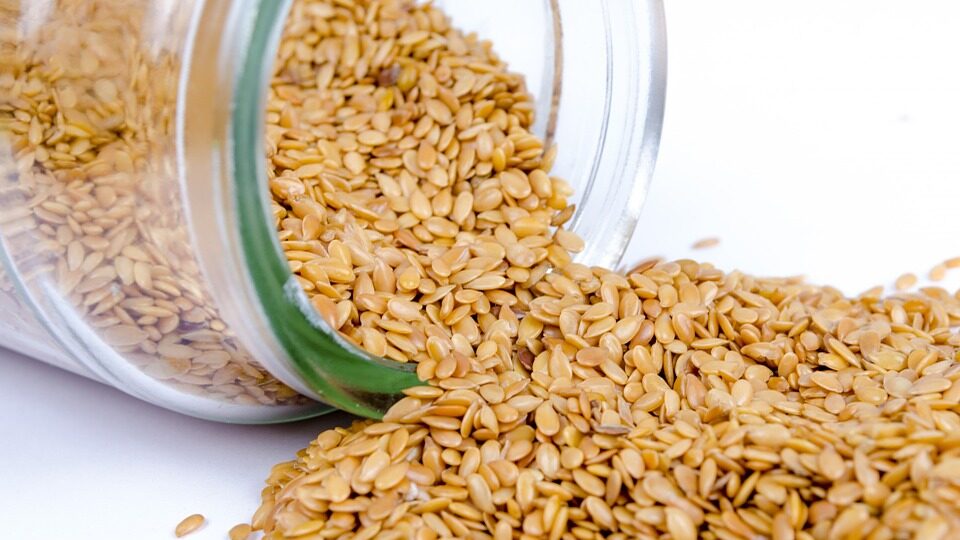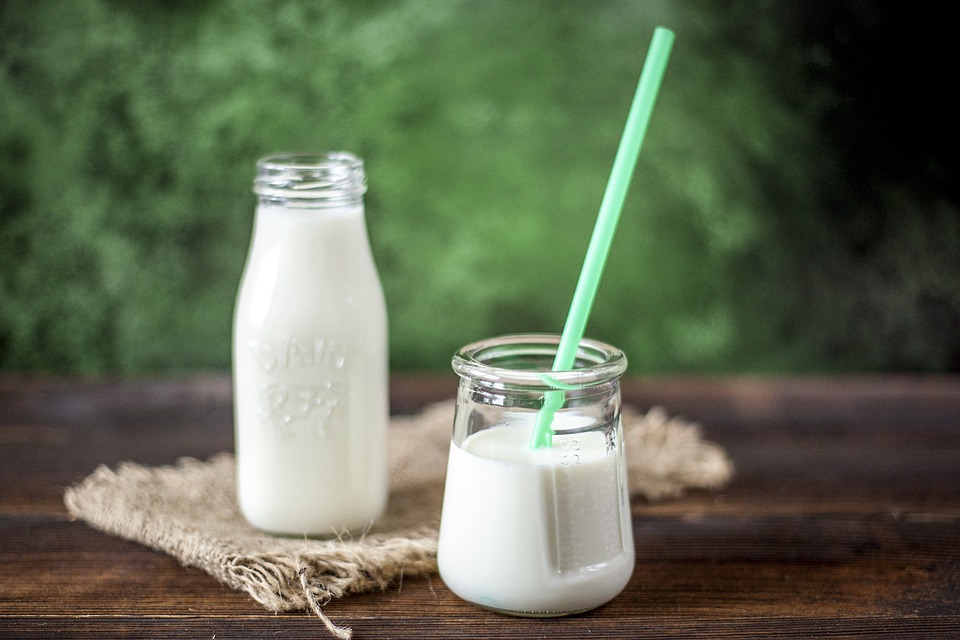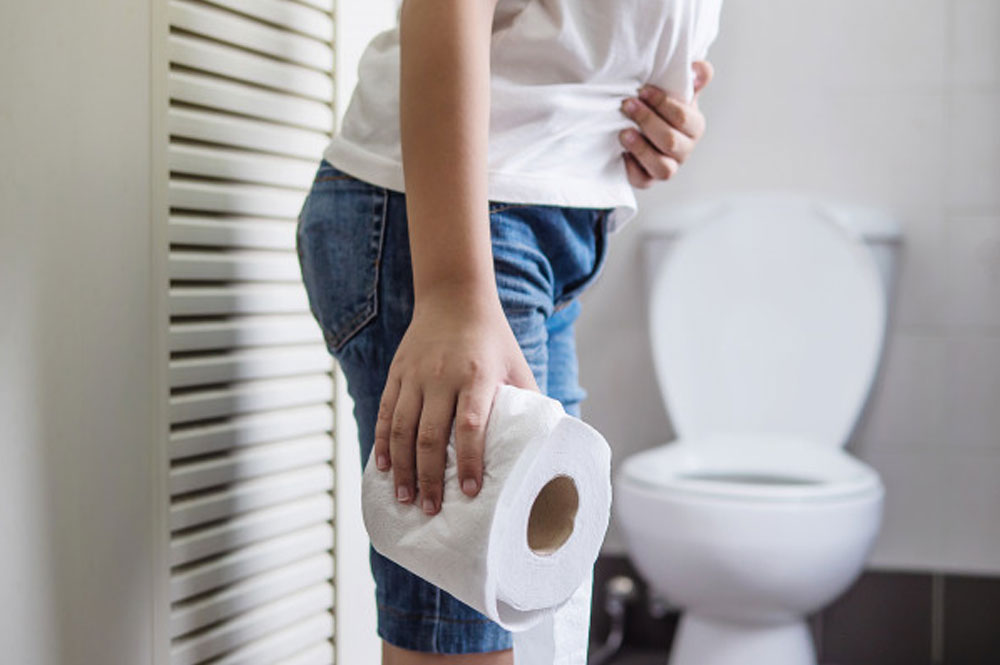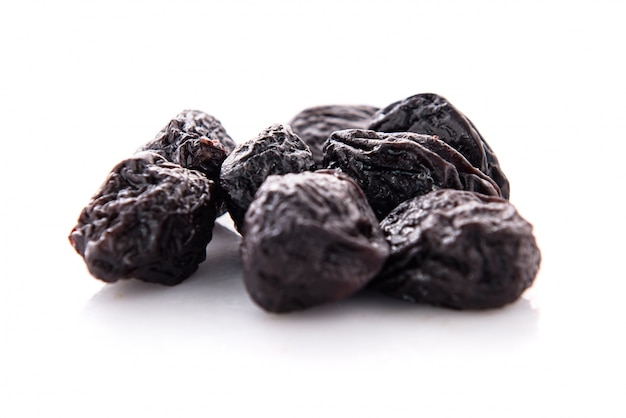Introduction to the disease
One of the common digestive disorders. This condition can be characterized as difficulty in stool passage, irregular stool passage, or both leading to unsatisfactory defecation. Bloating and abdominal discomforts are common symptoms that occur along with constipation. People of any age can affect this disease condition. The causes of the disease can be varied and multi-factorial. Untreated prolonged constipation can lead to rectal bleeding, anal fissures, and hemorrhoids. The severity of the disease condition increases with age. Any person can relieve chronic constipation condition. The solutions are found in your kitchen. Furthermore, identify the reason for constipation and look into the following mentioned remedies to ease your life.
Constipation is classified into primary and secondary based on the cause. The primary causes are related to the defects in the colonic function or malfunction of the defecation process. The secondary causes are related to the medications, systemic or organic diseases. (1)
Primary constipation
Primary causes are normally considered after evaluating secondary causes. The causes of primary constipation occur due to functional defects in the colon. And some people have typically slow colonic transit. (1)
Secondary constipation
Constipation is a common side effect of many medicines. Antihypertensive drugs such as calcium antagonists (e.g. nifedipine, verapamil, diltiazem), ganglionic blockers (e.g.), and central sympatholytic drugs (e.g. clonidine, methyldopa) cause constipation by reducing the smooth muscle contractility. Antidepressants are also associated with the side effects of constipation. Mainly tricyclic antidepressants (e.g. amitriptyline, imipramine, desipramine, nortriptyline, clomipramine) are associated with side effects of constipation. In addition, oral iron supplements, Aluminum containing antacids and opioid analgesics cause constipation. Medicines with anticholinergic and dopaminergic actions (e.g. antiepileptic, anti-Parkinson, and antipsychotic drugs) are associated with constipation too. Studies have found that neuropathic disorders like diabetes mellitus can cause multiple gastrointestinal symptoms like constipation and diarrhea. (1)
Home remedies to relieve constipation
Constipation can be treated with different methods. Here it describes, easily available home remedies to overcome constipation.
1. Beverages
- Water

Source: Pexels.com
When a person becomes dehydrated, their stools also get dry and hard, as the colon absorbs water from the undigested foods. Drinking 8 glasses of water per day helps to maintain good health. Furthermore, studies have found that drinking spring water is better than drinking tap water. This is the most simple and beneficial way of easing constipation. (2)
- Mint/ ginger tea

Source: Pexels.com
Ginger which is a warming herb can generate more heat within the body and increase digestion. Also, menthol which is an active ingredient of peppermint acts as an antispasmodic agent and relaxes the muscles of the GI tract. And the tea itself contains hot water that stimulates the digestion. (3)
- Lemon water

Source: Pexels.com
Having a water glass with squeezed fresh lemon every morning provides relief in constipation. The citric acid found in lemon juice acts as a stimulant of the digestive system. Furthermore, it can flush the toxins out of the body due to the antioxidant property. (3)
- Cup of coffee

Source: Unsplash.com
Coffee can stimulate the muscles of the digestive system and urge you to defecate. The studies have found that the effect of caffeinated coffee is 60% higher than that of water and 23% higher than that of decaffeinated coffee. (2)
2. Fiber rich foods

Source: Pexels.com
Depending on the solubility, dietary fiber is classified as soluble and insoluble fiber. Insoluble fiber adds weight to a stool and speeds up the flow of stool through the intestines. On the other hand, soluble fiber absorbs water and forms a gel likes paste that softens the stool and improves the consistency. Especially remember to drink more water when you are consuming soluble fiber. If a person is suffering from a functional bowel problem, insoluble fiber can make his condition more worsen. Particularly, the studies have found that consuming a mixture of soluble and insoluble fiber helps to relieve constipation. The daily fiber requirement of women is 25 grams while it is 38 grams for men. (5)
Soluble fibers are found in nuts, oat bran, seeds, barley, pulses (beans, lentils, peas, and chickpeas), some fruits and vegetables. Insoluble fibers are found in wheat bran, whole grains, and vegetables. (5)
3. Prunes
Prune is a delicious fruit with high fiber content. It is comprised of sorbitol that can triggers the intestine.(3)
4. Sesame seeds

Sesame seeds have 55% of oil which helps to moisturize the intestine and provide relief in constipation. These seeds can add to your meals as a decorating agent, seasoning, and using in salads. (3)
4. Molasses

Source:
Blackstrap molasses have a high amount of vitamins and minerals, along with magnesium which helps to relieve constipation. Having one tablespoon of blackstrap molasses at night facilitates the defecation in the morning.
5. Healthy fats

Source: Pexels.com
Fats help to lubricate the intestine and ease the bowel movements. Apart from these healthy fats can be taken as they are necessary for basic body functions. Avocado, nuts, and olive oil contain healthy fat. In addition, olive oil can be added for salad dressings. (3)
6. Raisins

Source: Pixabay.com
One of the popular dried fruit which is rich in fiber. Eating soaked raisins helps to relieve from constipation as it contains tartaric acid which has a laxative effect. (4)
7. Foods with probiotics

Source: Pixabay.com
Probiotics are live bacteria and yeasts that are helpful to keep the gut healthy.
People with chronic constipation have shown an imbalance of bacteria in their gut. Probiotic foods add microbes and improve the balance of microbes in the gut. Moreover, they prevent constipation by producing lactic acid and short term fatty acids that improve gut motility. Probiotic-rich foods are yogurt, kefir, kimchi, and sauerkraut. (5)
8. Castor oil
Many pharmaceutical laxatives contain castor oil as the main ingredient. The fatty acid composition in the oil breaks into a ricinoleic acid that has a strong laxative effect and stimulates the intestines. Importantly, having one or two tablespoons of castor oil to the empty stomach will urge you to defecate after eight hours. (6)







